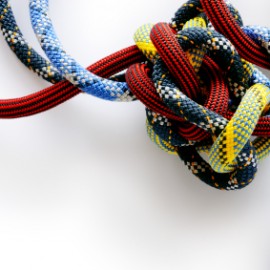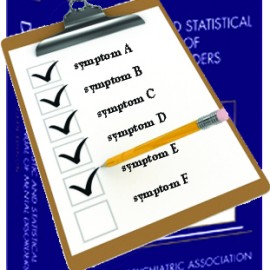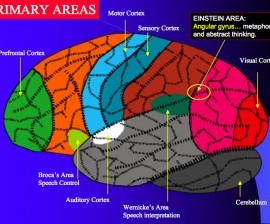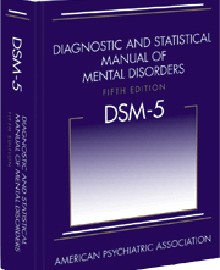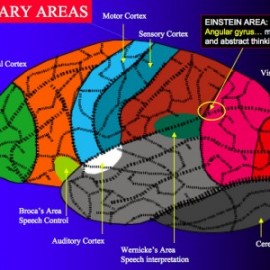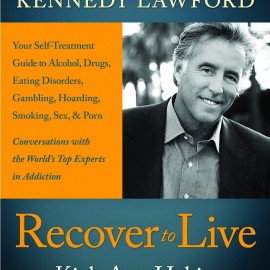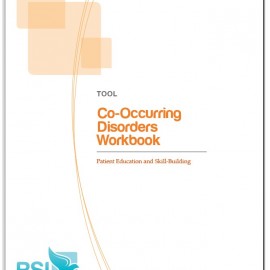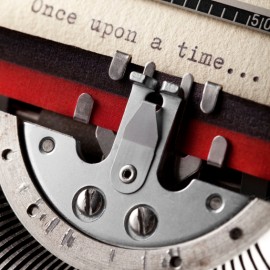Topic: co-occurring disorders
What is Trauma?
The practitioner’s job is to tease apart the clinical picture to identify likely contributors to focus on in treatment.
Topics: co-occurring disorders, counseling skills, trauma
Counseling Clients With Complex Disorders
…progress is the measuring stick. You want your patient to know the joy of a structured, purposeful life.
Topics: co-occurring disorders, counseling skills
A Better Diagnostic Understanding of Addiction
While it may have similarities to other disorders, the emotional dysregulation that characterizes addiction is not the same.
Topics: addiction and the brain, co-occurring disorders, diagnosis
The Natural History of Recovery: CoDisorders
There’s plenty of evidence that treatment for depression works, and that people with co-occurring disorders can and do get a whole lot better.
Topics: co-occurring disorders, depression
Mental Illness: The Dilemma of Diagnosis
In spite of the advances, science still struggles to understand the disease process that underlies most disorders.
Topics: co-occurring disorders, diagnosis, mental illness
More on Mental Illness: Genetics
As a general rule, the better the causes of a disease are understood, the more effective the treatments will be.
Topics: co-occurring disorders, depression, mental illness
Recover to Live: Kick Any Habit, Manage Any Addiction
One aspect of Lawford’s book that makes it unique and a must read is its careful and powerful weaving of the author’s personal recovery experience with the most up-to-date scientific evidence
Topics: addiction, addiction and the brain, book review, co-occurring disorders, eating disorders, gambling, self diagnosis
Co-Occurring Disorders Workbook
The workbook is based on recognized disease-model treatment principles and can integrate readily in Matrix and other established EBP treatment protocols.
Topics: co-occurring disorders, patient education, program development
Retrain Your Brain: Scripting
Language– the words we choose for our self-talk– has a powerful influence on our brain function. Words can help us re-shape the cycle of feelings, impulses, and behaviors.
Topics: co-occurring disorders, cognitive behavioral therapy, mental illness, personality disorders, rational emotive therapy, Recovery Tools, therapeutic models, tools for recovery, trauma


